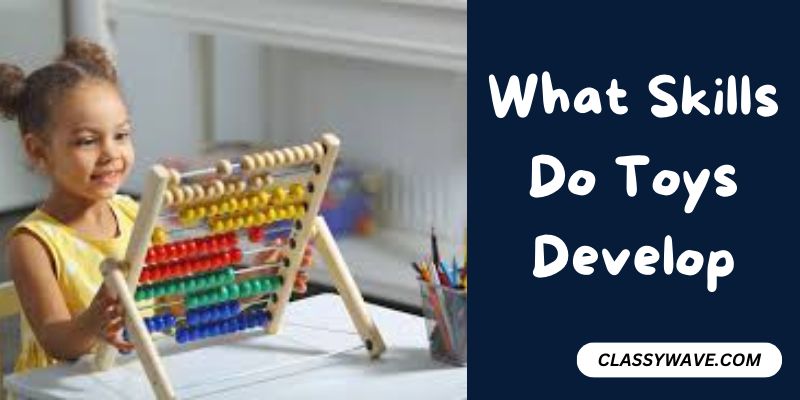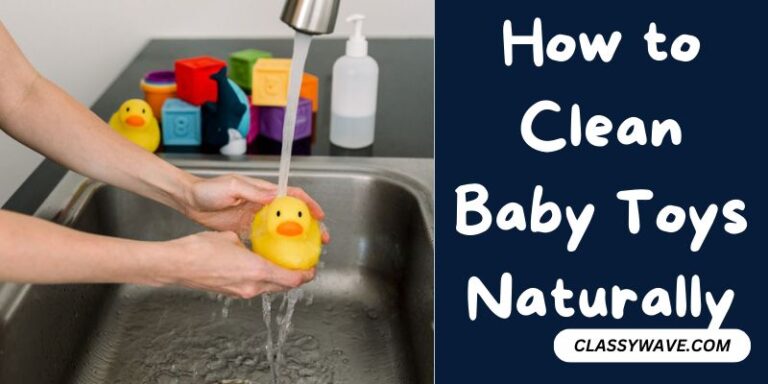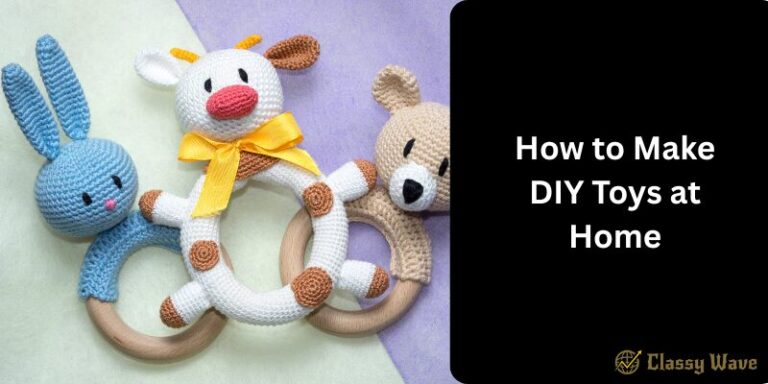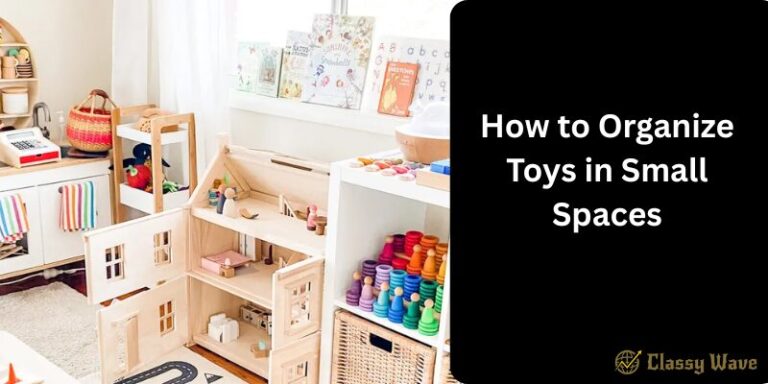What Skills Do Toys Develop – Powered Skills
Toys are more than just sources of entertainment; they play a crucial role in shaping a child’s development. From cognitive abilities to social skills, the impact of toys on a child’s growth is profound. Let’s delve into the various skills that toys help develop.
In the early years of a child’s life, play is not just a pastime; it’s a powerful learning tool. As children engage with toys, they acquire and hone essential skills that form the foundation for future success.
Understanding the multifaceted nature of these skills is key to choosing the right toys for children.
1- Cognitive Skills
Role of Toys in Enhancing Cognitive Abilities
Toys are instrumental in stimulating cognitive functions such as memory, problem-solving, and attention span. Educational toys like building blocks and puzzles challenge a child’s mind, fostering cognitive growth.
Examples of Toys that Stimulate Cognitive Development
Toys like educational tablets and interactive books are designed to engage a child’s cognitive faculties. These toys often incorporate colors, shapes, and sounds to captivate a child’s attention while promoting learning.
2- Motor Skills
How Toys Contribute to Motor Skill Development
From grasping small objects to running and jumping, toys contribute significantly to the development of both fine and gross motor skills. Simple toys like building sets and balls encourage physical activity, refining motor coordination.
Specific Toys for Improving Fine and Gross Motor Skills
Building on fine motor skills, toys like crayons and playdough refine hand-eye coordination. Gross motor skills, on the other hand, benefit from toys like bicycles and sports equipment that promote physical dexterity.
3- Social Skills
Impact of Toys on Socialization
Toys provide opportunities for social interaction, teaching children vital social skills. Board games and cooperative play with peers nurture teamwork, communication, and conflict resolution.
Toys that Encourage Cooperative Play
Games that involve teamwork, such as treasure hunts or collaborative building projects, foster a sense of cooperation among children. These interactions lay the groundwork for healthy social relationships.
4- Emotional Skills
Connection Between Toys and Emotional Intelligence
Toys often serve as tools for emotional expression and understanding. Dolls, for instance, enable children to project emotions onto their playmates, promoting empathy and emotional intelligence.
Examples of Toys Promoting Emotional Development
Stuffed animals and comfort toys provide a sense of security and comfort, aiding emotional regulation in challenging situations. These toys become companions during times of joy and sorrow.
5- Creativity and Imagination
Fostering Creativity Through Play
Toys that encourage open-ended play, such as building blocks and art supplies, are instrumental in fostering creativity. Such toys allow children to explore their imagination without predefined rules.
Toys that Ignite the Imagination
Action figures, play kitchens, and costumes transport children to different worlds, fueling their imagination. These imaginative journeys contribute to creative thinking and problem-solving skills.
6- Problem-Solving Skills
The Role of Toys in Honing Problem-Solving Abilities
Toys that involve challenges and puzzles provide an excellent platform for developing problem-solving skills. As children navigate through these activities, they learn to analyze situations and formulate solutions.
Puzzle Games and Toys that Enhance Critical Thinking
Jigsaw puzzles, strategy games, and construction sets require logical thinking and planning. These toys contribute to the development of critical thinking skills, laying the groundwork for academic success.
7- Communication Skills
How Toys Facilitate Language Development
Toys that involve communication, such as dolls with dialogues or interactive books, facilitate language development. These toys encourage verbal expression and enhance vocabulary.
Interactive Toys for Language Acquisition
Educational toys that respond to a child’s actions or speech, like language-learning robots, actively engage children in conversation. This interactive communication aids in language acquisition.
8- Sensory Skills
Toys that Engage and Develop the Senses
Sensory play is essential for young children, and toys play a pivotal role in engaging their senses. Textured toys, musical instruments, and sensory bins contribute to sensory skill development.
Importance of Sensory Play in Early Childhood
Sensory experiences provided by toys help children explore and understand their environment. This early exposure to sensory stimuli contributes to enhanced sensory processing and perception.
9- Adaptability
Toys that Promote Adaptability and Flexibility
Certain toys, like building sets with endless possibilities, encourage adaptability. Children learn to adjust to new scenarios and improvise, skills crucial for navigating life’s challenges.
Preparing Children for Various Situations Through Play
Toys that simulate real-life situations, such as doctor kits or miniature kitchens, prepare children for different scenarios. This play-based preparation contributes to adaptability in various life situations.
10- Concentration and Focus
Enhancing Attention Span with Specific Toys
Toys that require sustained attention, like intricate puzzles or model building kits, contribute to the development of concentration and focus.
The Relationship Between Focused Play and Academic Success
Research indicates that children with well-developed attention spans often perform better academically. Toys that encourage focused play contribute to the academic readiness of children.
11- Independence
Toys that Encourage Self-Sufficiency
Certain toys, such as simple building sets or age-appropriate household items for play, encourage independent play. These toys empower children to explore and entertain themselves.
Building Independence Through Play
Independent play fosters self-reliance and decision-making skills. Toys that allow children to engage in activities on their own contribute to the development of independence.
12- Time Management
Teaching Time-Related Concepts Through Toys
Toys like educational clocks and timers assist in introducing the concept of time. Learning to manage time during play lays the groundwork for effective time management in later life.
Importance of Time Management Skills in Later Life
Time management is a vital life skill. Toys that subtly introduce time-related concepts contribute to a child’s understanding of schedules and deadlines, preparing them for future responsibilities.
13- Diversity and Inclusion
Toys Reflecting Diverse Cultures and Backgrounds
In a globalized world, toys that showcase diversity and inclusivity are essential. Dolls representing various ethnicities and culturally diverse board games promote understanding and acceptance.
Encouraging Inclusivity Through Play
Toys become powerful tools for teaching tolerance and appreciation for differences. By incorporating diverse toys into playtime, parents and caregivers promote inclusivity from an early age.
Conclusion
In the realm of childhood development, toys emerge as indispensable tools for fostering a wide array of skills. From cognitive and motor skills to emotional intelligence and adaptability, the impact of toys on a child’s growth is monumental. Choosing toys thoughtfully and encouraging diverse forms of play contribute significantly to a child’s holistic development.
FAQs
Can any toy contribute to skill development, or are there specific types that are more effective?
While many toys have educational value, those that encourage open-ended play and involve challenges tend to be more effective in skill development.
At what age should I introduce toys to enhance specific skills in my child?
It’s never too early to start. Introduce age-appropriate toys that stimulate various skills from infancy to support continuous development.
Are electronic toys as effective as traditional ones in promoting skill development?
Both electronic and traditional toys can be beneficial. The key is to strike a balance and ensure that the toys align with developmental goals.
How can I encourage my child to play independently with toys?
Provide toys that are age-appropriate and encourage solo play. Gradually increase the complexity of toys as your child grows to promote independent exploration.
Are there toys that specifically address special needs or developmental challenges in children?
Yes, there are specialized toys designed to cater to various developmental needs. Consult with professionals or therapists for guidance on suitable options.







